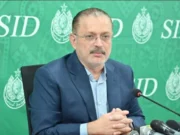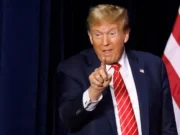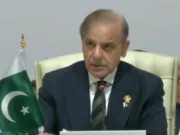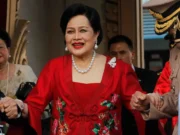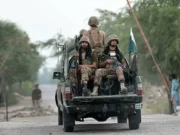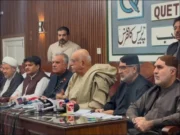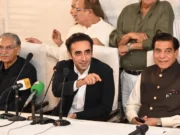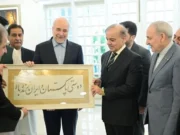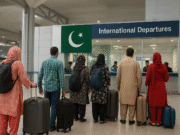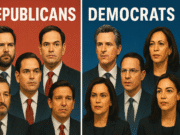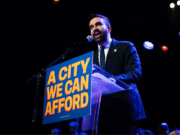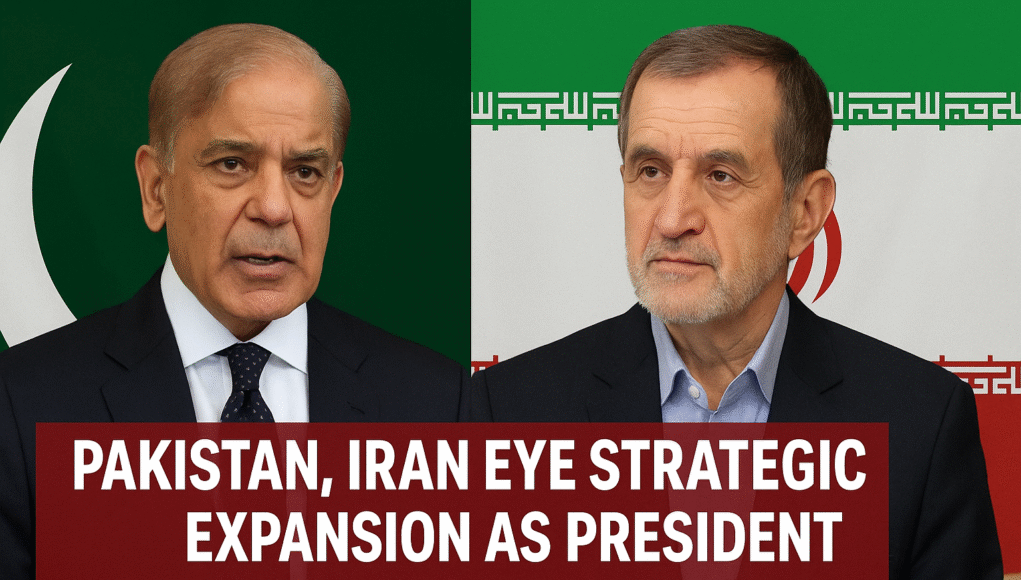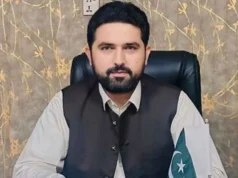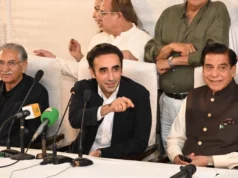ISLAMABAD – In a move seen as pivotal amid rising geopolitical tensions, Iranian President Massoud Pezeshkian is set to arrive in Pakistan on Saturday at the invitation of Prime Minister Shehbaz Sharif, marking his first official visit since assuming office. The trip comes in the wake of the recent Iran-Israel conflict, ongoing instability in Gaza, and the May 2024 Pakistan–India standoff, during which both countries expressed mutual solidarity.
Diplomatic Itinerary & Agenda
President Pezeshkian will first arrive in Lahore, where he will pay homage at the Mausoleum of national poet Dr Allama Iqbal, before traveling to Islamabad for high-level talks with Pakistan’s civilian and military leadership, including the President, Prime Minister, and the Army Chief.
According to Iranian media, the visit will also include engagements with business and cultural leaders, reflecting a broad agenda aimed at deepening political, economic, religious, and cultural ties. A central objective is to enhance cross-border cooperation and expand bilateral trade, with hopes of exceeding the current $3 billion volume.
Strategic Solidarity and Shared Threats
The visit follows recent mutual gestures of support between the two neighbors. After the May 2024 conflict between Pakistan and India, both Prime Minister Shehbaz and the Army Chief traveled to Tehran to express gratitude for Iran’s diplomatic support. Iran had dispatched its Foreign Minister to New Delhi and Islamabad in a bid to mediate and prevent escalation between the nuclear-armed rivals.
Later, during Israel’s strikes on Iran, Pakistan expressed full solidarity with Tehran, publicly condemning the attacks and backing Iran at the United Nations Security Council, where it currently serves as a non-permanent member.
Experts Call for Deeper Strategic Alignment
Ahead of the visit, the Islamabad Policy Institute (IPI) hosted a roundtable discussion bringing together Pakistani lawmakers, diplomats, journalists, and Iranian media representatives. Participants called for closer Pakistan–Iran cooperation in a shifting regional landscape defined by shared security threats and external interference.
Senator Mushahid Hussain warned of an emerging “Indo-Israel axis”, citing reports of Israeli Harop drones operated from India against Pakistan and Indian alignment with Tel Aviv during Iran-Israel hostilities. He emphasized that Pakistan’s solidarity with Iran stems from strategic interests and long-standing ties, not mere symbolism.
Border Management, Energy, and Security Concerns
Former Human Rights Minister Dr Shireen Mazari raised concerns over unresolved border management issues, foreign interference, and stalled progress on the Iran-Pakistan gas pipeline. She criticized the global nuclear non-proliferation regime, arguing that unless Israel joins the NPT, Iran has little incentive to remain within its bounds.
Senator Raja Nasir Abbas Jafri stressed the importance of internal stability and preventing regional destabilization driven by Western powers, naming Israel and the U.S. as fueling separatist movements in South and West Asia.
Security analyst Abdul Basit highlighted emerging threats along the Pakistan-Iran border, including the presence of ISKP and the alleged Israeli-backed Balochistan Study Project, which promotes narratives of regime change and separatism.
Need for Realistic, Balanced Engagement
IPI fellow Muhammad Faisal observed that despite recovered diplomatic trust after the January 2024 missile exchanges, economic cooperation remains hamstrung by sanctions and the absence of formal banking mechanisms. He urged a balanced foreign policy approach that maintains strategic dialogue with Iran, the Gulf States, and the U.S.
Looking Ahead
President Pezeshkian’s visit is widely seen as an opportunity to recalibrate Pakistan-Iran relations at a time when both countries face common threats and overlapping strategic interests. With regional conflicts escalating and external actors reshaping alliances, the trip may set the tone for a new chapter of regional coordination, economic integration, and political solidarity between two historic neighbors.


